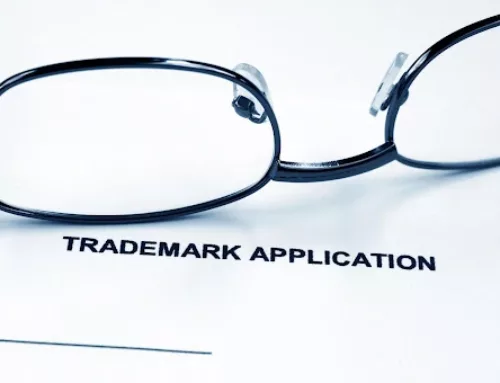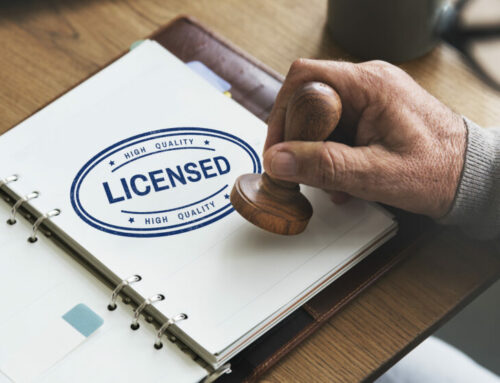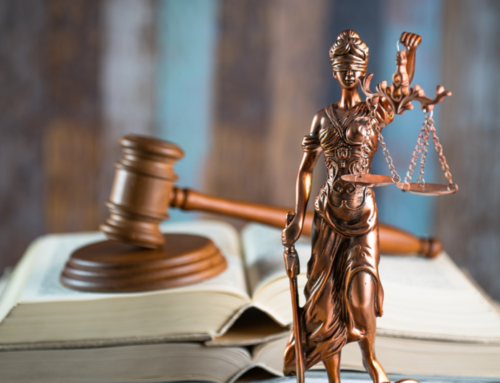Is it Illegal to Buy or Sell Knockoffs or Counterfeit Items?
You may have seen fake goods at one time or another. You might even have unknowingly purchased them, only to discover later that they were not authentic and the price was too good to be true.
With increased globalization spreading the manufacturing and sale of goods throughout the world and with the appeal of cheaper prices, counterfeiting has become a booming industry and it is not expected to be curtailed soon. This is a glaring reality in the United States which has one of the largest markets for consumer goods. In 2013, the U.S. Department of Homeland Security reportedly confiscated over $1.7 billion in counterfeit goods, which is probably a fraction of the goods that were not discovered. Every year, millions of Americans go to informal warehouses and stores to buy counterfeit or knockoff designer goods. They may even buy online and at flea markets or street bazaars.
No matter where the purchase was made, the question remains to be seen on how legal these transactions were, especially if you were fully aware that the product you were buying was a counterfeit of a trademarked and copyrighted work: Is this legal?
Consulting an experienced trademark attorney is your best bet if the brand you are carrying is reported as counterfeit.
What is the difference between knockoffs and counterfeit goods?
It is crucial to be aware of the differences between a counterfeit and a knockoff product. Although the phrases “counterfeit” and “knockoff” are often used synonymously, they are not the same. The main difference is the existence of a registered trademark.
- Knockoffs are cheap imitations.
A knockoff copies the design of another product, but does not have the manufacturer’s marks, logos, or brand names. It just closely resembles the authentic product. Commonly imitated are electronics. A favorite is Apple products, with a number of items that closely resemble Apple’s iPhone or iPad. Usually, they do not have the trademark and most of the features of the original product.
Knockoffs may also have a misspelling of a brand name. So instead of iPad, you see “iPed.” Instead of Prada, you see “Prado.”
- Counterfeits are very close to the real deal.
A counterfeit product, on the other hand, uses a brand name or logo that is identical or nearly identical to a registered trademark. It is illegal under trademark law. Counterfeits are items that are outright replicas of a brand’s labels or trademark symbols. They are designed to closely resemble the original product to the extent that they are nearly identical.
It goes without saying that counterfeits intend to perpetrate a fraud upon consumers. Designer leather goods are a commonly counterfeited item. The unsuspecting shopper may not be able to distinguish the real from the fake unless they are aware of the manufacturer’s markings.
Therefore, as a consumer, if you are concerned that what you are buying may not be the real thing, the best rule of thumb is to use common sense. Do not be easy prey. Usually, the counterfeit items are priced much lower than the real thing. Better yet, buy from a brand’s authorized dealer.
Contact a Washington D.C. Trademark Attorney
If you believe that you have been sold counterfeit goods, if you have been accused of trading in counterfeit items, or your brand was victimized by counterfeiters, it is best to contact a trademark attorney who can assist you with your legal questions. Experienced Washington D.C. trademark attorneys may be found at War IP Law. Call us for an initial case evaluation.





